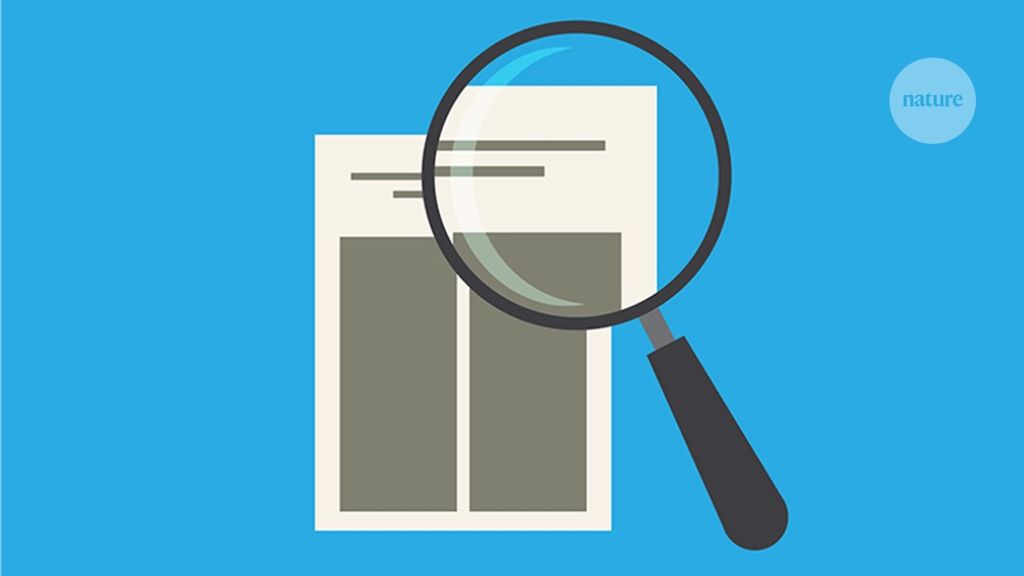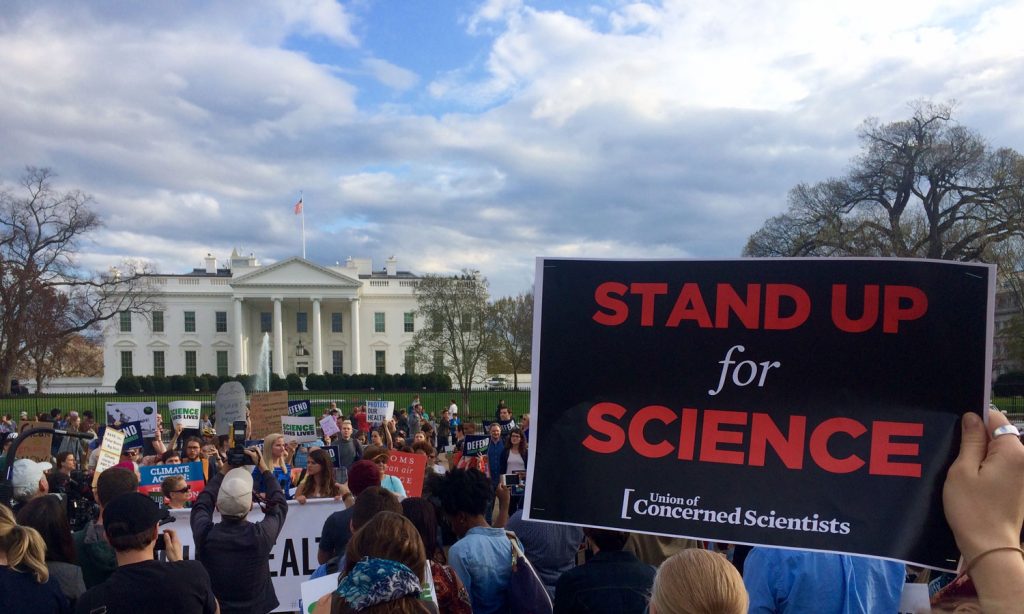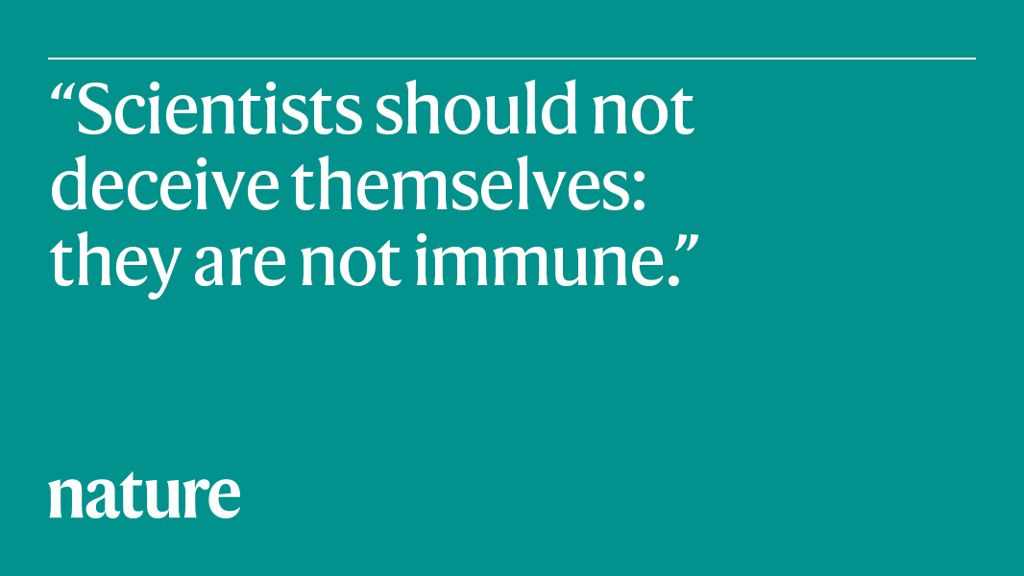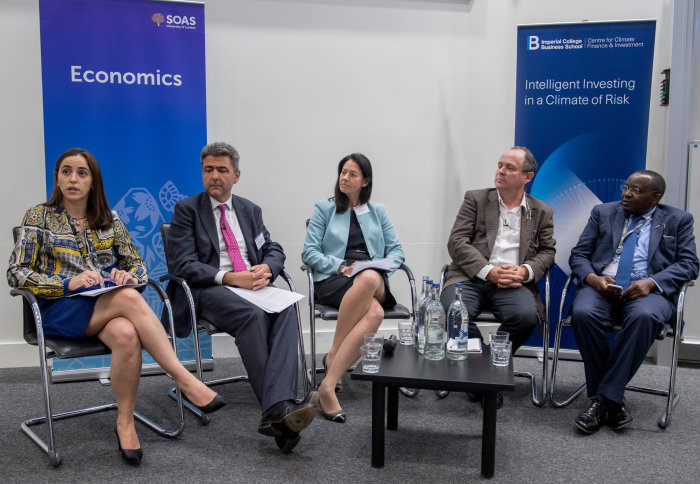Send us a link
Open Up to Research Integrity
The authors of LERU's new paper on research integrity - Inge Lerouge and Ton Hol - discuss trust in science and how to earn it.
Check for Publication Integrity Before Misconduct
A tool that focuses on papers - not researcher behaviour - can help readers, editors and institutions assess which publications to trust.
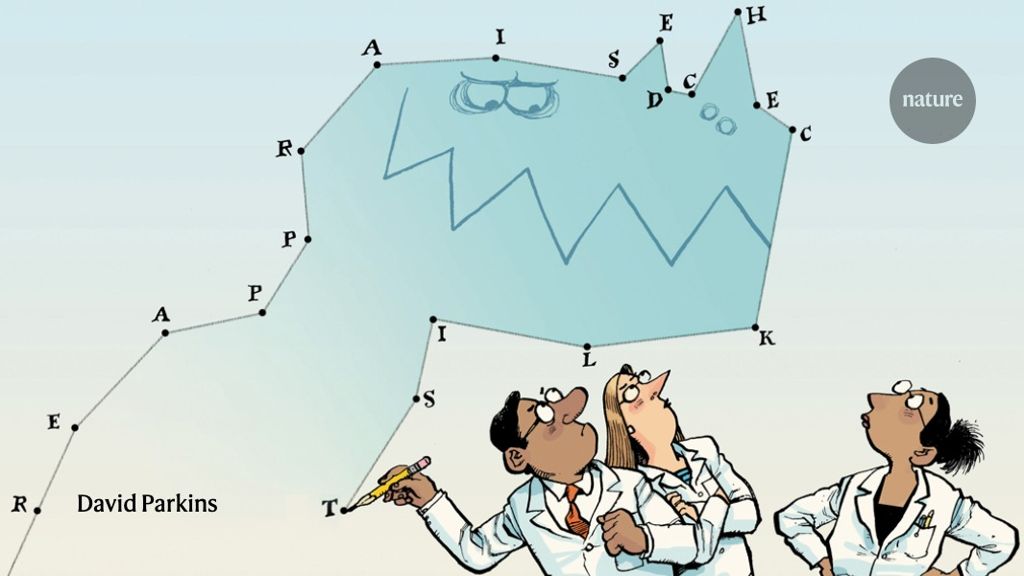
Horizon 2020 Final Report on Research Integrity
The Mutual Learning Exercise (MLE) on Research Integrity, which forms the basis of this report, was carried out between July 2018 and June 2019 by a dedicated Policy Support Facility (PSF) panel consisting of four independent experts and twelve countries.
NSF Tallies 16 Cases of Alleged Harassment by Grantees in First Year of New Rules
Universities worry about protecting privacy as they confront the growing problem of harrassment.

Medical Fraud is Rising, Meet the Sleuths Fighting to Stop It
Image manipulation is nothing new, but its application for scientific and medical fraud is leaving lives and livelihoods at stake.
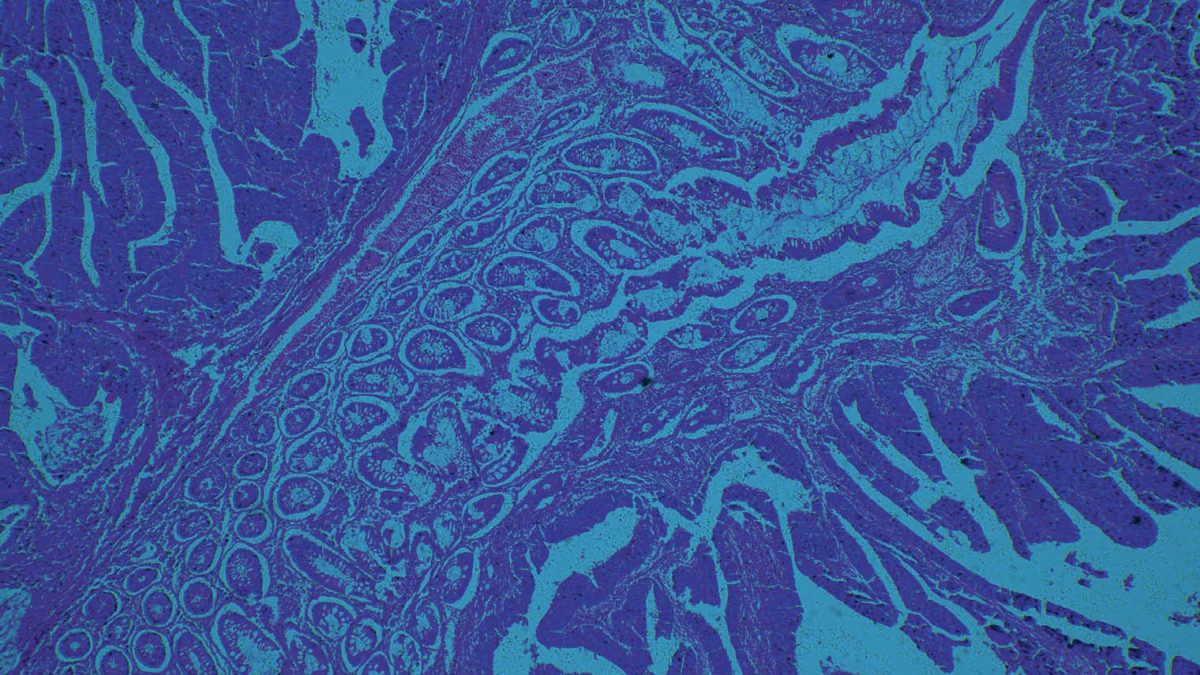
Scientific Integrity Bill Advances in U.S. House with Bipartisan Support
Scientific Integrity Bill Advances in U.S. House with Bipartisan Support
Democrats drop some provisions to gain Republican backing and improve chances of final passage of the scientific integrity bill.
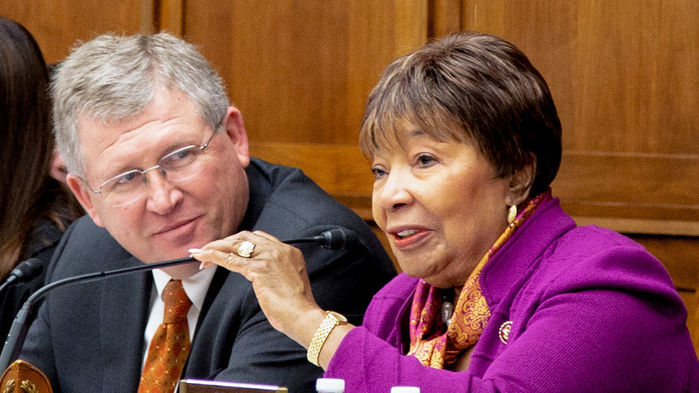
How Photos of Your Kids Are Powering Surveillance Technology
Millions of Flickr images were sucked into a database called MegaFace. Now some of those faces may have the ability to sue.
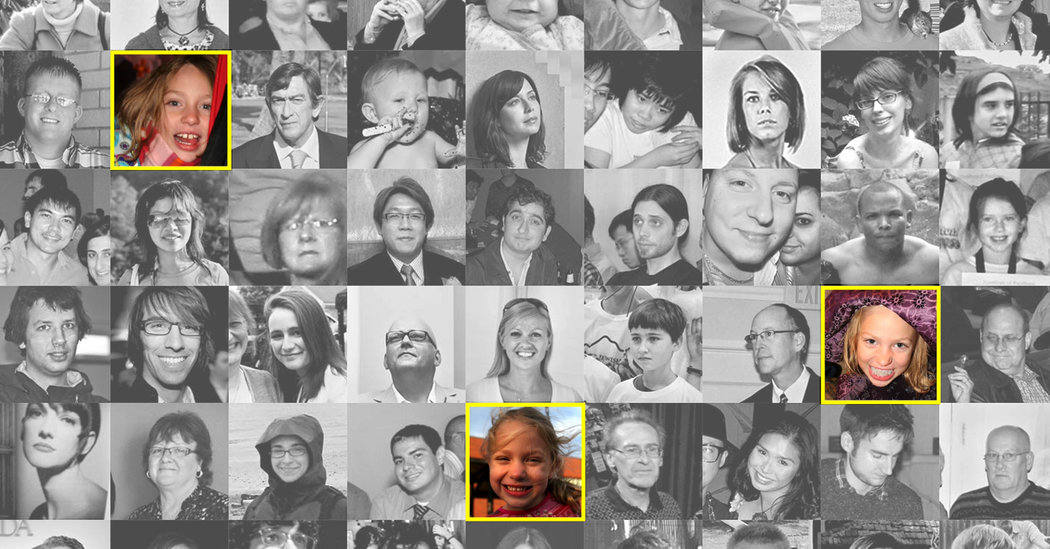
A Guide to Applying the Good Publication Practice 3 Guidelines in the Asia-Pacific Region
A Guide to Applying the Good Publication Practice 3 Guidelines in the Asia-Pacific Region
Numerous recommendations and guidelines aim to improve the quality, timeliness and transparency of medical publications. However, these guidelines use ambiguous language that can be challenging to interpret, particularly for speakers of English as a second language. Cultural expectations within the Asia-Pacific region raise additional challenges and several studies have suggested that awareness and application of ethical publication practices in the Asia-Pacific region is relatively low compared with other regions. However, guidance on applying ethical publication practice guidelines in the Asia-Pacific region is lacking. This commentary aims to improve publication practices in the Asia-Pacific region by providing guidance on applying the 10 principles of the Good Publication Practice 3 (GPP3) guidelines and the International Committee of Medical Journal Editors (ICMJE) criteria for authorship. Recommendations are provided for encore presentations, applying the ICMJE authorship criteria in the context of regional cultural expectations, and the role of study sponsors and professional medical writers. Ongoing barriers to compliance with guidelines are also highlighted, and additional guidance is provided to support authors submitting manuscripts for publication. The roles of regional journals, regulatory authorities and professional bodies in improving practices are also discussed.

Bipartisan Support for Scientific Integrity Reform is Growing
"We are at a crisis point," according to a new report from the highly respected Brennan Center for Justice, "with almost weekly violations of previously respected safeguards."

Trump Administration's War on Science Has Hit 'Crisis Point', Experts Warn
Trump Administration's War on Science Has Hit 'Crisis Point', Experts Warn
Nonpartisan taskforce of ex-government officials reports 'almost weekly violations' of norms meant to safeguard objective research.

Nature Walks Back Mentorship Prize for Spanish Scientist with Nine Retractions
Carlos Lopez-Otin Nature is rescinding an award to a Spanish researcher whose group has at least nine retractions for problems with their published images.

Can You Spot the Duplicates? Critics Say These Photos of Lionfish Point to Fraud
The answer bears on whether a study about lionfish social behavior, published in Biology Letters in 2014, was fabricated.
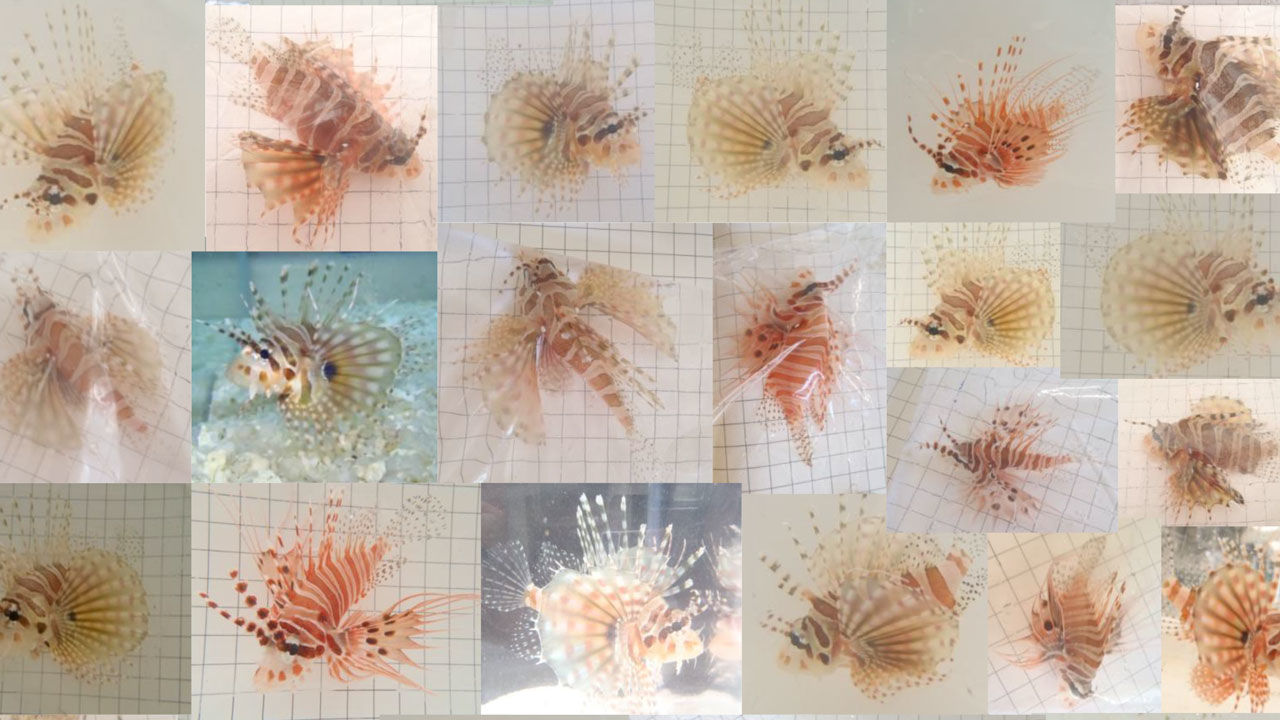
The Hong Kong Principles for Assessing Researchers: Fostering Research Integrity
The Hong Kong Principles for Assessing Researchers: Fostering Research Integrity
The primary goal of research is to advance knowledge. For that knowledge to benefit research and society, it must be trustworthy. Trustworthy research is robust, rigorous and transparent at all stages of design, execution and reporting. The authors developed the Hong Kong Principles (HKP) with a specific focus on the need to drive research improvement through ensuring that researchers are explicitly recognized and rewarded for behavior that leads to trustworthy research.
Journals' Instructions to Authors: A Cross-sectional Study Across Scientific Disciplines
Journals' Instructions to Authors: A Cross-sectional Study Across Scientific Disciplines
Study investigated 19 topics related to transparency in reporting and research integrity. Only three topics were addressed in more than one third of scientific journals' Instructions to Authors.
Journals Retract More Than a Dozen Studies from China That May Have Used Executed Prisoners' Organs
Journals Retract More Than a Dozen Studies from China That May Have Used Executed Prisoners' Organs
In the past month, PLOS ONE and Transplantation have retracted fifteen studies by authors in China because of suspicions that the authors may have used organs from executed prisoners.

Nutrition Science Is Broken. This New Egg Study Shows Why.
At turns lauded and vilified, the humble egg is an example of everything wrong with nutrition studies.

Singapore Joins the Rise of Research Integrity Networks
Global effort to combat research misconduct gathers pace.
Journals' Plagiarism Detectors May Flag Papers in Error
One recent case, in which a scientist claims his submitted manuscript was rejected despite a lack of actual plagiarism, highlights the limitations of automated tools.

Hyped-up Science is a Problem. One Clever Twitter Account is Pushing Back.
How a simple nudge can improve health and nutrition reporting. The Twitter account retweets science articles, adding “IN MICE.”
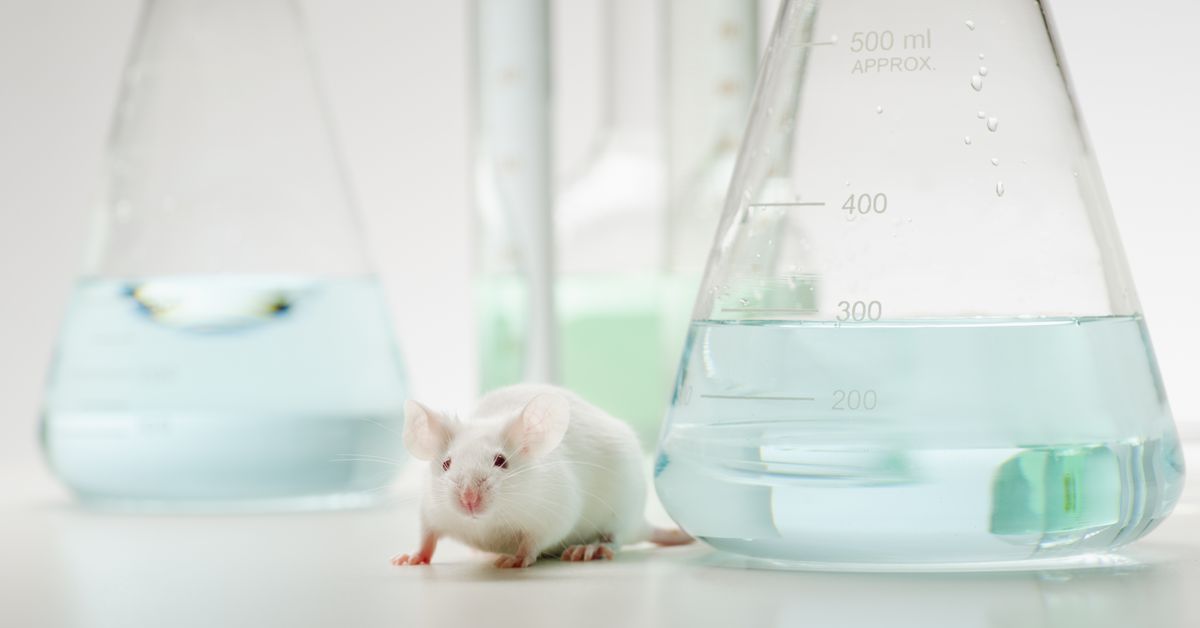
Research Integrity is Much More Than Misconduct
All researchers should strive to improve the quality, relevance and reliability of their work.

Plagiarism Detectors Are a Crutch, and a Problem
Academics and editors need to stop pretending that software always catches recycled text and start reading more carefully, says Debora Weber-Wulff.
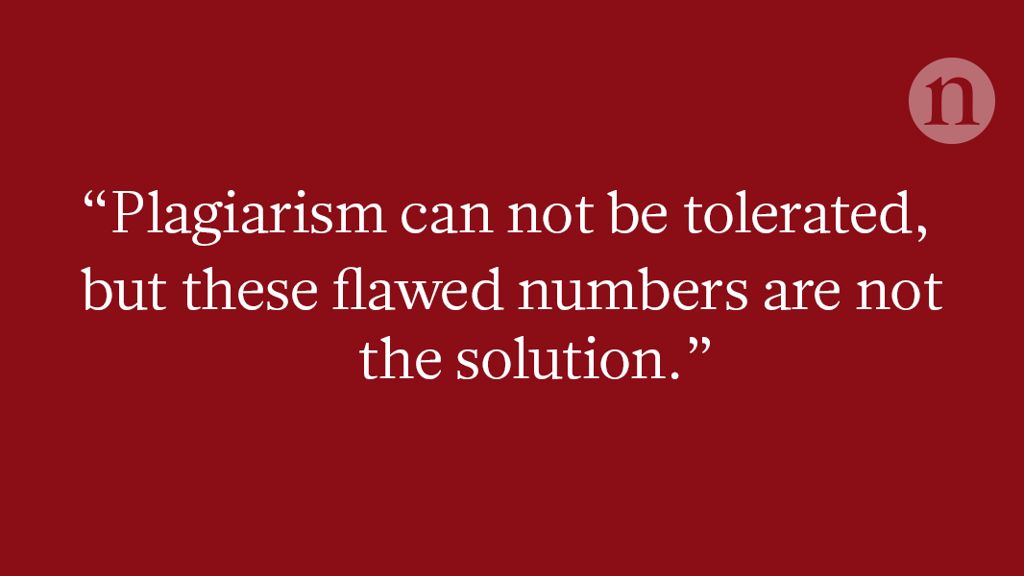
Overdue: a US Advisory Board for Research Integrity
Research needs an authoritative forum to hash out collective problems, argue C. K. Gunsalus, Marcia K. McNutt and colleagues.

Junk Science or the Real Thing? 'Inference' Publishes Both.
The newish 'quarterly review of science' sometimes muddies the waters between science and political ideology. It is funded by Peter Thiel.

Addressing Integrity Challenges in Research: the Institutional Dimension
Concern for and interest in research integrity has increased significantly during recent decades, both in academic and in policy discourse.
